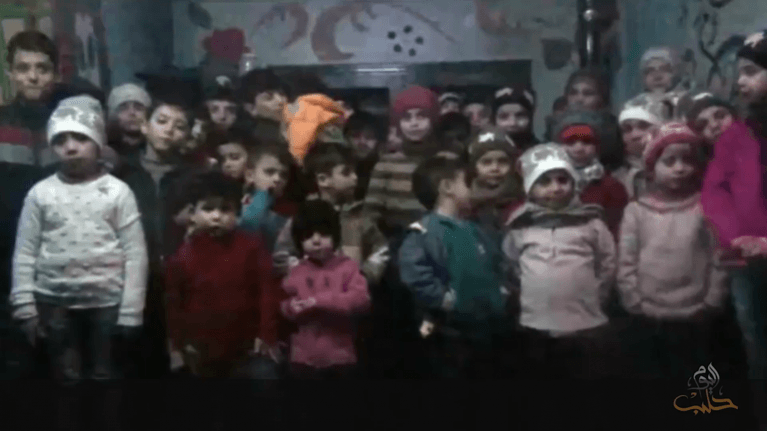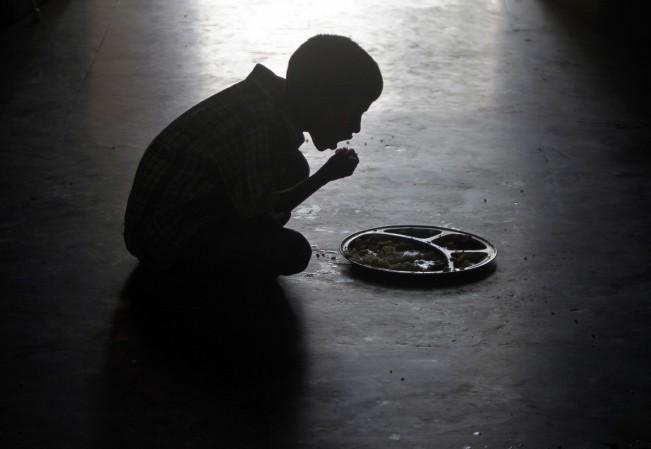There are numerous couples open to the idea of adoption but the average time taken for prospective adoptive parents to get a referral for children in the age group of 0-4 years is approximately a long waiting running to more than two years in India.
The paradoxical situation, where a large number of parents are ready to adopt and declining number of children available for adoption, has long moved out of personal blogs and reached levels alarming enough for the agencies to take note.
A Parliamentary Panel, concerned over the declining number of children available for adoption in the country, has expressed that the trend may be reflective of illegal adoption market and trafficking in the country.
In its 118th Report on Review of Guardianship and Adoption Laws, submitted to Parliament in the recently concluded Monsoon Session, a Parliamentary Standing Committee noted, "the paradoxical situation where on one hand there are a large number of parents willing to adopt a child, (and) on the other, there are not many children available for adoption."

The committee noted that according to adoption statistics of Central Adoption Resource Authority (CARA), the number of children adopted within the country had a significant decline; from 5,693 in 2010 to 3142 in 2021-21. Also, the number of children taken in inter-country adoption decreased from 628 in 2010 to 417 in 2020-21.
The report highlighted a number of things, the significant ones being, "about decline in the number of children coming to adoption agencies over the years." It also noted, "This decline, by and large, points to trafficking or a thriving illegal child adoption market."
The Parliamentary Committee is of the view that there is an urgent need to increase surveillance on unregistered child care institutions and adoption agencies/hospitals with a past record of trafficking.
As per the statistical records provided by CARA, 26,783 prospective adoptive parents awaiting in-country adoption were registered by December '21, while 1,205 prospective adoptive parents were awaiting inter-country adoption at the time.
Adoption process in India, in nutshell
The adoption process in India is monitored by the nodal agency Central Adoption Resource Authority (CARA), which regulates both in-country and intra-country adoption. A part of the Ministry of Women and Child Care, this agency lays out a closely monitored and stringent procedure which needs to be satisfied by the adopting parents in order to be eligible to adopt a child.
In nutshell, starting with the registration, the adoption process can be broken down into the following steps; home study and counselling following which there is a referral of the child. Once the child is accepted by prospective parents, all the necessary documents are submitted to the lawyer who prepares a petition to be presented in the court.
After the petition is signed in the court, the adoptive parents take the child to pre-adoption foster care centre and understand the habits, nature and behaviour of the child from the nursing staff. Finally, parents have to attend a court hearing along with the child wherein a judge mentions the amount that needs to be invested in the name of the child, following which the judge passes the adoption orders.
What's wrong?
Given the complex socio-economic structure in the country, there are many unaddressed issues and challenges in the adoption process in India. The legalities surrounding adoption in India are lengthy, time consuming and complex. There is no provision for direct adoption of a child without the child first being routed through statutory bodies of adoption.
In an interview to The Wire, CARA's chief Deepak Kumar, said, "Traffickers try to get hold of babies before parents (often unwed mothers) make it to government departments to surrender the child. These rackets usually source children from poor or marginalised families, and unwed women are coaxed or misled into submitting their children to trafficking organisations." These babies, called manufactured orphans or paper orphans, are reportedly, sold anywhere between Rs 2 to 8 lakh.

What the committee says
The committee recommends what has long been advocated by experts in the field, that there is a need to simplify the adoption laws and procedures that reflect today's changed reality. It advocates bringing down the time required for placing a child in adoption to less than six months. The longer wait period only breeds desperation in prospective parents and often forces them to explore illegal channels of adoption.
The reforms can start by first keeping correct up-to-date records of number of children abandoned/orphaned via district level surveys. Citing the information furnished by the Ministry of Women and Child Development, as per Census 2011, the report said that there are 55,258 child beggars in the age-group of 0-19 years in the country. As per UNICEF, an estimated 153 million children worldwide are orphans.









![Budget 2026-27 aimed at empowering poor and increasing farmers' income: PM Modi [Watch]](https://data1.ibtimes.co.in/en/full/827940/budget-2026-27-aimed-empowering-poor-increasing-farmers-income-pm-modi-watch.jpg?w=220&h=138)






